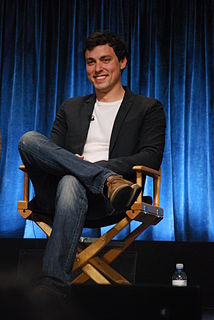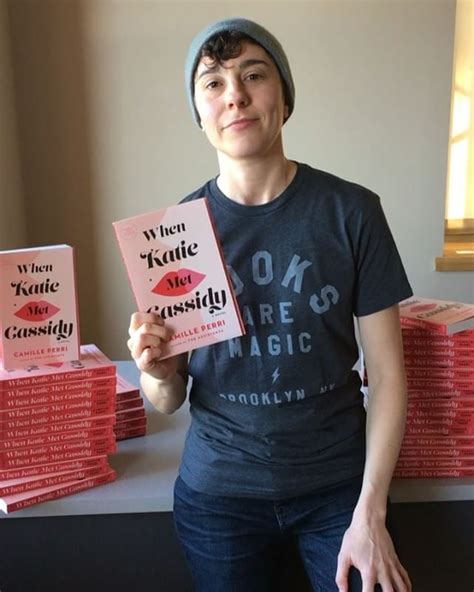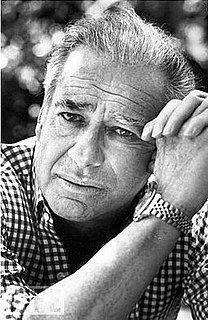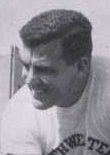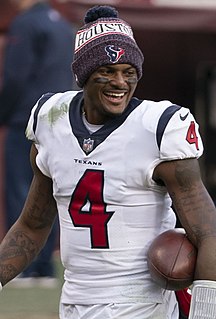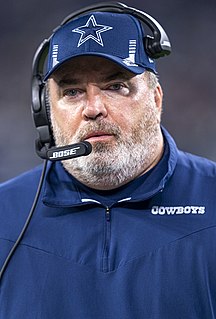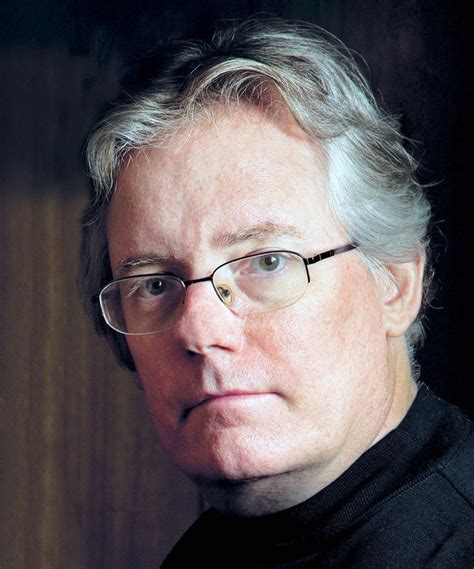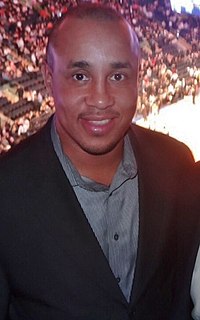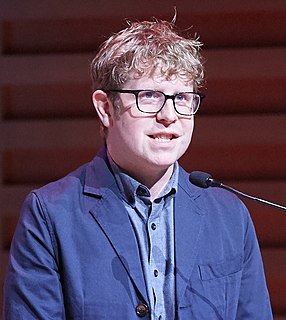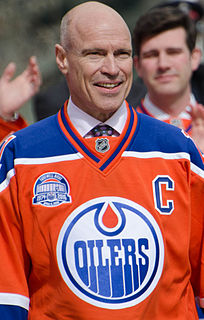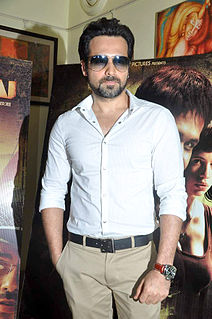A Quote by John Francis Daley
I'm avoiding having an assistant because then I would become the horrible boss. I can't justify having an assistant as a 25-year-old; I just can't do it!
Related Quotes
I was the assistant to the editor-in-chief of 'Esquire Magazine.' And my experience as an assistant was really best case scenario. My boss was absolutely the greatest boss I could have asked for. But I think there's something universal about being an assistant, regardless of whether or not your boss is the greatest or a complete terror.
My first job out of college was as an editorial assistant in a New York publishing house. Being an editorial assistant is the purgatory would-be editors must endure before they can ascend the ladder and begin acquiring books on their own. I spent a year filing paperwork, writing copy, and typing rejection letters.
I moved to London when I was 21 and I needed a job. I'd just done a year working in Waterstones in Manchester and I was looking for any old job. This advertisement came up for an editorial assistant on Dora the Explorer Magazine. Because I'd been working in the Children's Department in a bookshop for a year I just nailed the interview.
I proceeded to prove everybody right as to how bad an economics student I was by failing as an assistant manager in every theatre I went to that hired me, both as an assistant manager and as an actor. I lost money and tickets, and I couldn't keep track of anything. So eventually they fired me from assistant-manager jobs, but kept me on as an actor.
